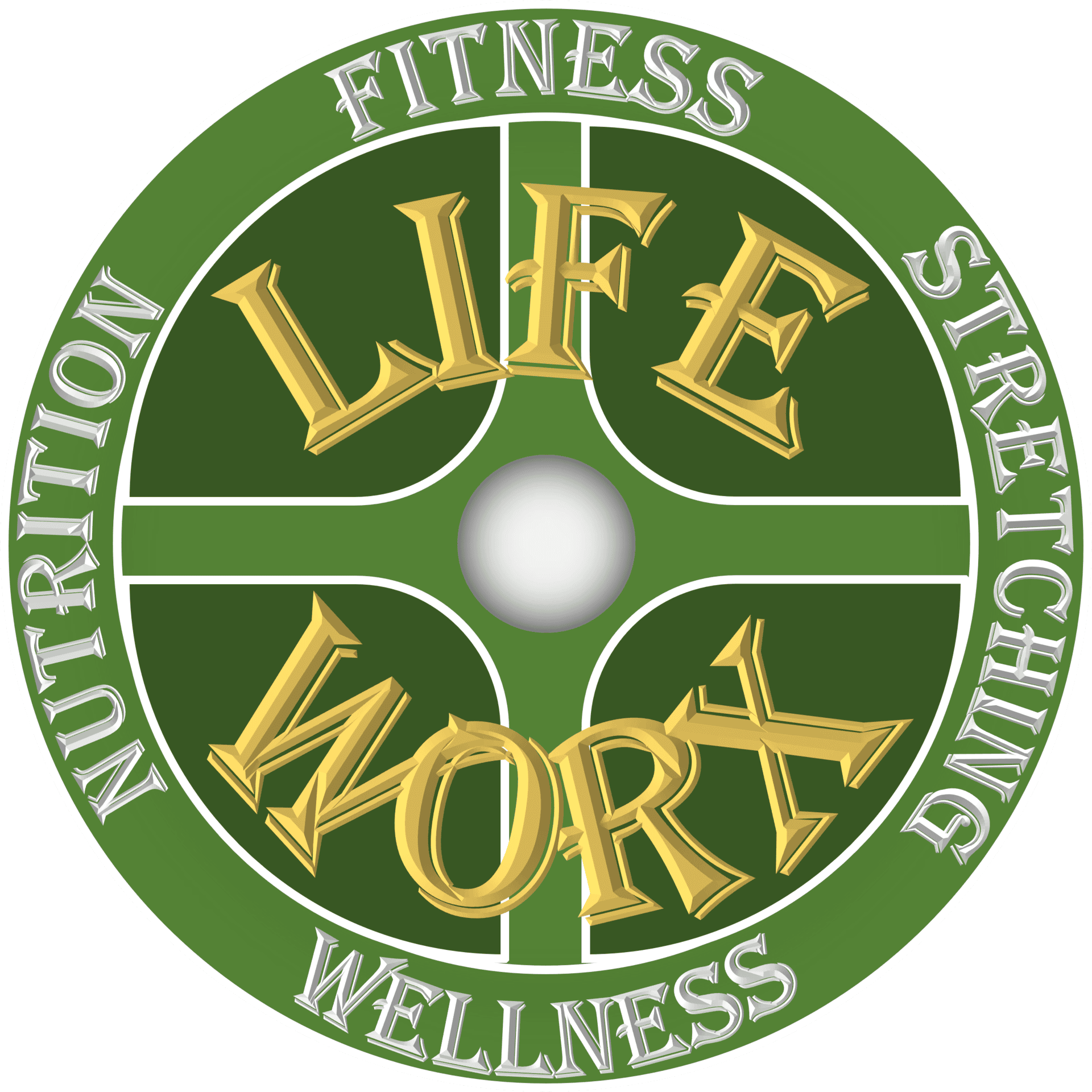Recovering from a strenuous workout is as crucial as the exercise itself. While pushing your limits can lead to significant gains, the recovery phase is where the real magic happens—it’s when muscles repair, strengthen, and grow. Given the complexity of the human body, a well-thought-out recovery plan, often guided by a personal trainer, can significantly enhance this process. Personal trainers provide invaluable insights that streamline your recovery and optimize overall fitness performance.
Personal Trainer Recovery Techniques
Personal trainers emphasize the need for a structured recovery plan that includes a variety of techniques tailored to individual needs. Active recovery, which might involve light exercise on rest days, aids in maintaining mobility and reducing muscle stiffness. Stretching, on the other hand, is essential for improving flexibility and decreasing the risk of injuries. Many trainers advocate for a cool-down period immediately after a workout to gradually reduce heart rate and prevent muscle soreness.
- Active recovery could include yoga or a gentle walk.
- Stretching should focus on major muscle groups used during the workout.
- A 5 to 10-minute cool-down with light jogging or walking.
Post-Workout Nutrition Advice
Nutrition plays a pivotal role in how quickly and effectively your body recovers after a workout. Personal trainers often recommend a meal or snack rich in proteins and carbohydrates within 45 minutes of exercising. This window is crucial as it maximizes nutrient uptake and replenishes energy stores. Hydration is another critical aspect, with water supporting metabolic functions and nutrient transfer.
- A protein shake or a chicken and quinoa salad are great post-workout meal options.
- Replenish electrolytes with a banana or a healthy low sugar sports drink.
- Aim for 16-24 ounces of water post-exercise to replace every pound lost during the workout.
Optimal Sleep for Muscle Repair
Sleep is the cornerstone of muscle repair. During sleep, the body produces growth hormones, which are essential for muscle recovery and rebuilding. Personal trainers often suggest 7-9 hours of quality sleep per night to ensure optimal recovery. Establishing a regular sleep schedule and creating a restful environment can significantly improve sleep quality.
- Avoid caffeine and electronic devices before bedtime.
- Maintain a cool, dark, and quiet sleeping environment.
- Stick to a consistent sleep schedule, even on weekends.
Hydration and Recovery
Maintaining hydration is crucial for recovery. Water helps to flush out toxins and transports nutrients to cells, aiding in muscle repair and growth. Trainers recommend drinking plenty of fluids before, during, and after workouts to ensure adequate hydration levels, which can prevent cramping and reduce recovery time.
- Carry a water bottle throughout the day.
- Include hydrating foods like cucumbers and watermelons in your diet.
- Monitor the color of your urine to gauge hydration—it should be light yellow.
Personal Trainer Approved Supplements
While whole foods should form the basis of your nutrition, supplements can also play a beneficial role in recovery. With the advice of a personal trainer, supplements like Branched-Chain Amino Acids (BCAAs) and omega-3 fatty acids can be incorporated to support muscle recovery and reduce inflammation.
- BCAAs can be taken before or after workouts to reduce muscle soreness.
- Omega-3 supplements, like fish oil, help reduce inflammation.
- Always consult with a healthcare professional before starting any new supplement.
Stress Management Techniques
Reducing stress is another essential component of recovery. High stress levels can impede recovery by affecting sleep and increasing the risk of injury. Techniques such as meditation, controlled breathing, and yoga, often recommended by personal trainers, can help manage stress effectively.
- Practice mindfulness or meditation daily for at least 10 minutes.
- Include relaxation practices like deep-breathing exercises or progressive muscle relaxation.
- Regular participation in leisure activities that you enjoy can also reduce stress levels.
Recovery Tools and Technologies
Many personal trainers recommend using specific tools and technologies to aid in recovery. Foam rollers, for instance, can be used for self-myofascial release, which alleviates muscle tightness and improves blood circulation. Massage guns are another popular tool that provide deep-tissue massages, reducing soreness and improving range of motion.
- Use a foam roller for 10 minutes on tight muscles.
- Try a massage gun on lower settings to target deep tissues without causing discomfort.
- Explore the use of wearable recovery technology to track progress.
Listening to Your Body
The importance of listening to your body cannot be overstated. Recognizing when to push harder and when to pull back can prevent overtraining—a common issue that can lead to serious injuries. Personal trainers excel in teaching clients how to tune into their body’s signals and adjust their training and recovery accordingly.
- Notice signs of excessive fatigue or persistent soreness.
- Adjust your training intensity based on how you feel each day.
- Regular check-ins with a personal trainer can help monitor these signs effectively.
Key Takeaways from Recovery Strategies
- Effective recovery involves a combination of physical, nutritional, and mental strategies.
- Consulting with a personal trainer can provide customized recovery plans that enhance your results.
- Regularly incorporating recovery tools and stress management techniques can significantly improve overall well-being.
Frequently Asked Questions
What is the best way to reduce muscle soreness after a workout? Gentle stretching, using foam rollers, and cold therapy can help reduce muscle soreness. Additionally, incorporating a recovery shake immediately after workouts can expedite muscle repair.
How often should I consult with my personal trainer about my recovery plan? It’s wise to discuss your recovery strategy with your personal trainer every four to six weeks, adjusting it as your fitness level improves and your needs change.
Can too much recovery time reduce my fitness gains? While recovery is critical, too much inactivity can lead to a decrease in fitness levels. Balance is key, and a personal trainer can help determine the right amount of rest needed.
What are some signs of overtraining? Signs of overtraining include increased fatigue, decreased performance, insomnia, and an increased rate of injuries. If you notice these symptoms, it may be time to reassess your training and recovery plan.
Is it necessary to use supplements for recovery? While not necessary for everyone, supplements like protein powders and BCAAs can benefit those with demanding workout schedules or specific nutritional gaps. Always consult with a health professional before starting supplements.
This article aims to provide a thorough understanding of the various elements involved in recovering from strenuous workouts effectively. Whether you’re a seasoned athlete or a fitness newbie, incorporating these strategies can lead to more sustainable training and better overall health.

